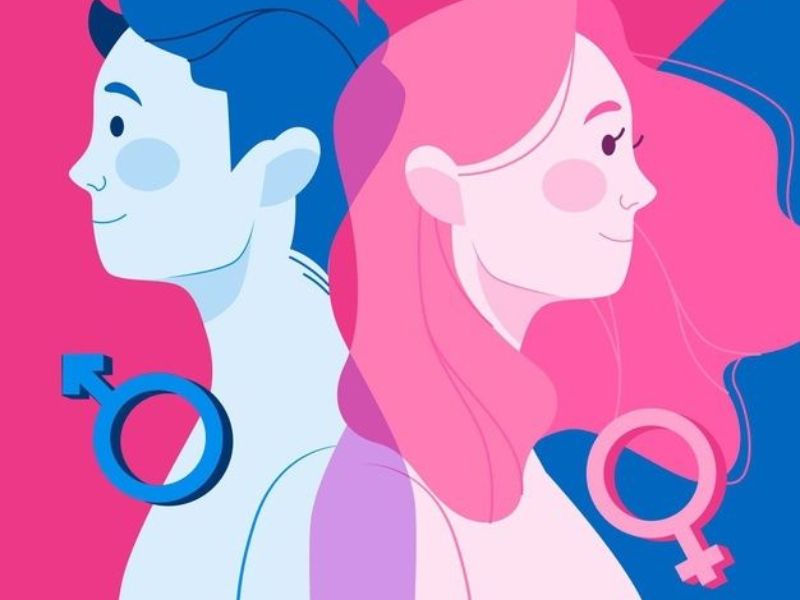We often hear the gender differences and their impacts on the life of both men and women. The impact of inequality in education, opportunities, and financial gain is generally discussed in society. Men and women are socially created to have different duties and responsibilities, status, and levels of power, and this is reflected in differences in mental health.
There is not only a Gender Gap in Mental Health but also in the usage in the services of the mental health betterment. When it comes to taking expert help, males are less likely than women to visit mental health professionals.
Mental Health: Differences in Gender
Teenage Years: In the teenage years, females are likely to have depression and other disorders than males at the same age. Whereas males are more likely to have anger issues and high risk behaviors in the adolescent years. Adolescent girls are more prone than young boys to exhibit symptoms that are inwardly focused.
Adulthood: In adulthood, depression and anxiety are much more common in women than in men, although substance use disorders and antisocial conduct are more common in males. Due to genetic and biological factors, women also tend to experience depression and anxiety disorders more frequently. Adulthood is a tough time regardless of gender but men are likely to fall on the side of isolation due to society expectation and constant rejection.
Mood Swings: Women in general have a higher chance of getting mood swings than men. Studies have revealed a connection between mood swings and hormonal changes that occur during the menstrual cycle. Prenatal and postnatal depression risk increases as a result of the interaction of psychological and hormonal variables. Reproductive health problems can also cause severe psychological distress and difficulties in women. Hysterectomy and infertility are associated with a higher incidence of emotional and neurotic disorders in women.
Why Men and Women don’t seek professional help
The general reason why men and women avoid seeking professional help is the poor infrastructure of mental health care and the stigma around it. Men generally avoid going to a counselor about mental health problems because it is a notion in society that only weak people seek mental help. Women on the other hand are still not properly introduced to mental health care in India. When it comes to treatment, males are more likely than women to handle mental illness on their own. Men tend to favor a quick and simple answer if they do decide to seek expert assistance. They therefore prefer medical care over psychotherapy more often than women do.
Conclusion
The gender differences and the different societal expectations from each gender tend to put a strain on the mental health of men and women. Whether it is the impact of inequality or not but both genders have their fair share of mental disorders. The disorders may differ in men and women but it’s important to seek professional help as soon as possible.
Get in touch with Solh Wellness if you're experiencing mental health concerns that are interfering with your daily life. Personalized preventive mental health treatments that are tailored to each person's needs is our top priority at Solh Wellness. Start immediately by downloading the Solh Wellness App.



